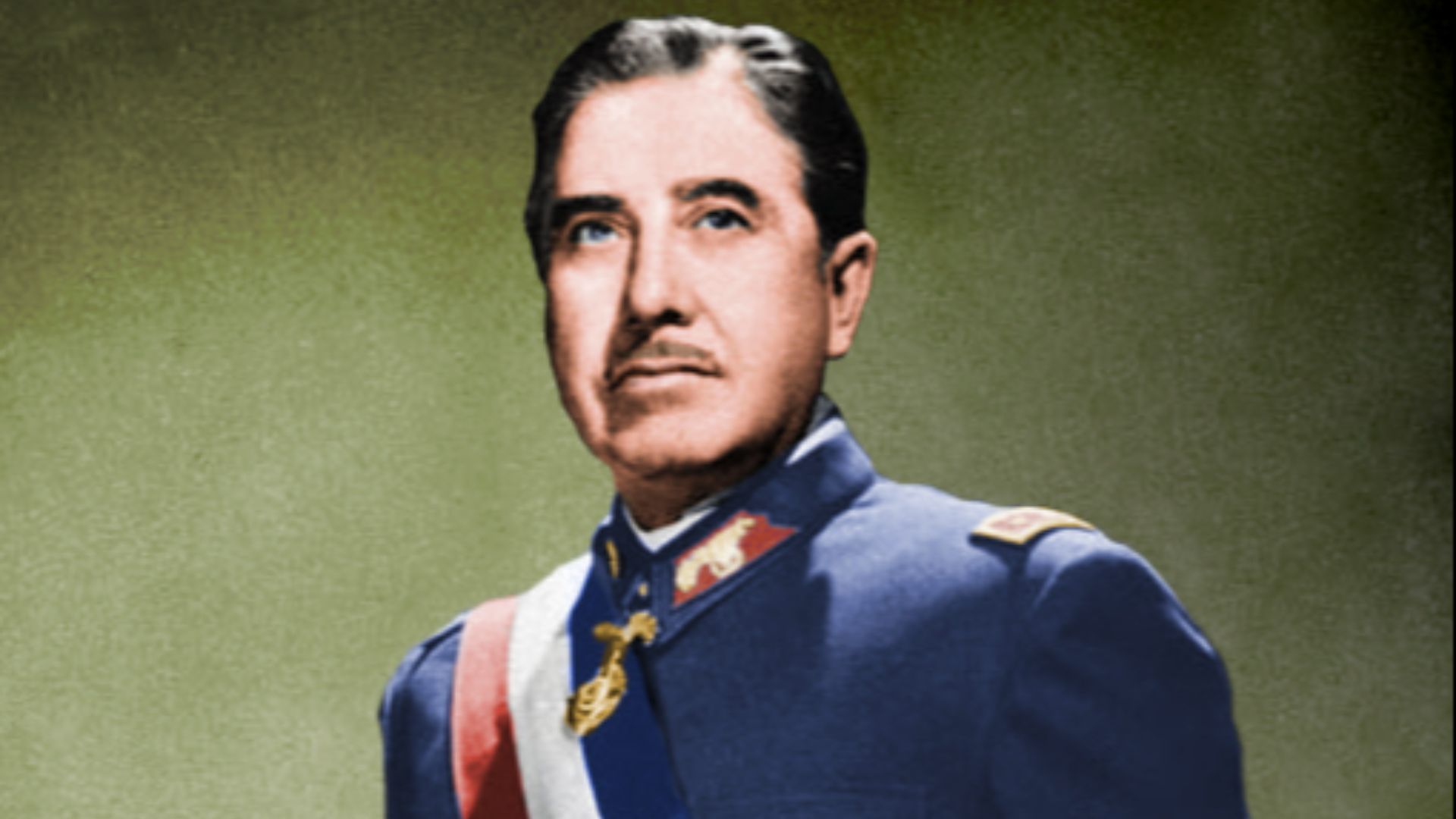History is Littered With Evil Dictators
Throughout history, dictators have risen to power and played a key role in shaping the world. There was Idi Amin, who expelled Uganda's Asian population, and Saddam Hussein, who instigated several major conflicts. Whether we like it or not, some dictators have left an indelible mark. Here are 20 of history's most evil dictators.
 Unknown authorUnknown author on Wikimedia
Unknown authorUnknown author on Wikimedia
1. Joseph Stalin
Stalin ruled the Soviet Union from the mid-1920s until 1953. He had a total grip on power, transforming the USSR. His reign came at a devastating human cost and was marked by forced collectivization, purges, and political repression.
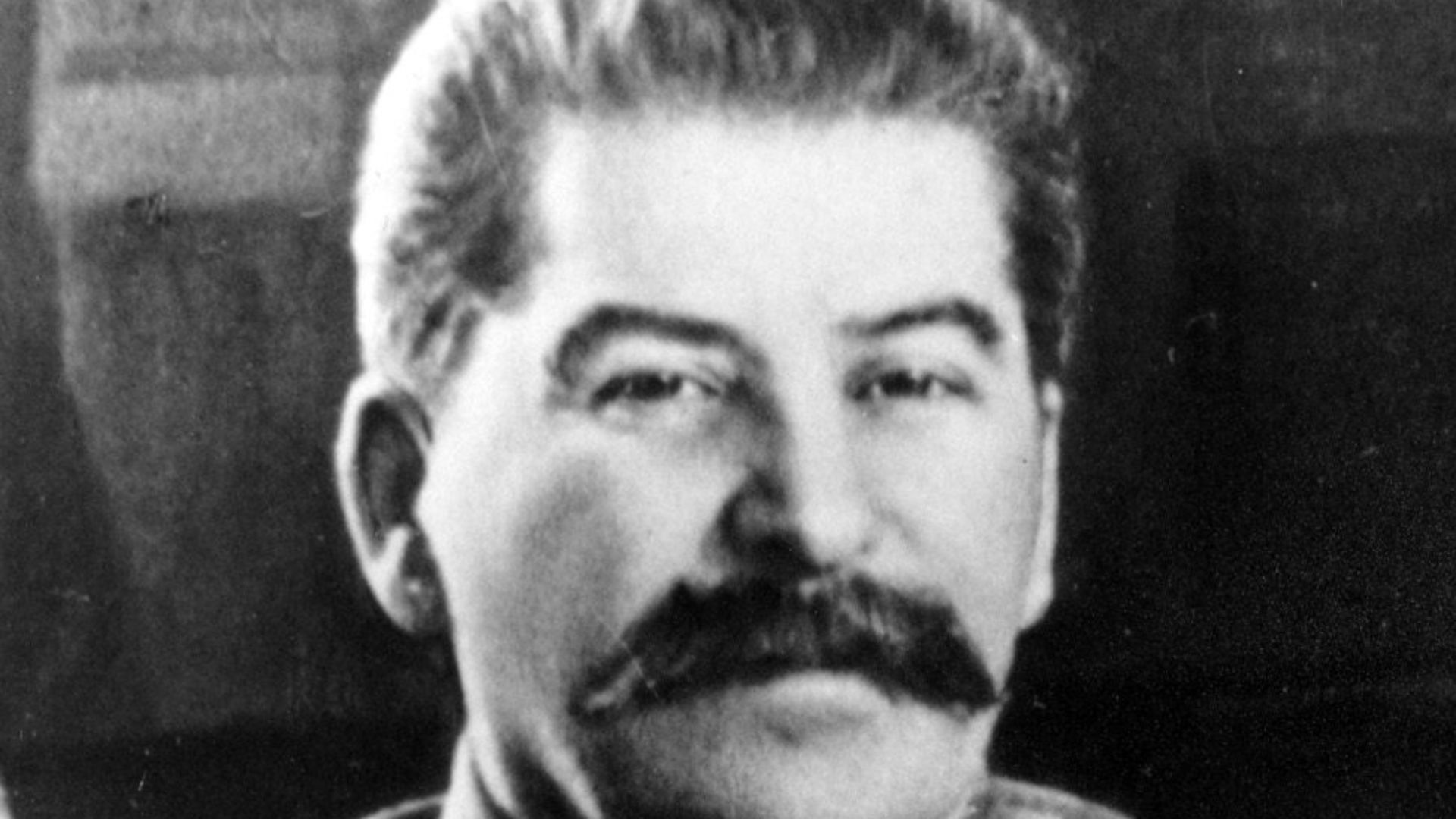 Unknown, presumably by a government employee as part of official duties on Wikimedia
Unknown, presumably by a government employee as part of official duties on Wikimedia
2. Mao Zedong
Zedong founded the People's Republic of China in 1949. While his political vision was revolutionary, millions faced famine, forced labor, and he mounted political campaigns against perceived enemies. He's remembered for unifying China and for his policies that caused widespread suffering.
 The People's Republic of China Printing Office on Wikimedia
The People's Republic of China Printing Office on Wikimedia
3. Pol Pot
Pot was the leader of the Khmer Rouge and sought to create an agrarian utopia in Cambodia starting in 1975. He emptied cities, abolished currency, and forced citizens into labor camps. He targeted intellectuals, even those who simply wore glasses.

4. Idi Amin
Amin seized power in Uganda in 1971, and his time in political power was marked by erratic behavior, personal indulgence, and suppression of his opponents. He expelled the country's Asian community, which destabilized the economy. He also had a long list of human rights abuses.
5. Saddam Hussein
Hussein ruled Iraq from 1979 to 2003, using fear and military might to control the country. His authoritarian approach suppressed dissent, and he thrust Iraq into several major conflicts, including the Iran-Iraq War and the Gulf War.
 Unknown authorUnknown author on Wikimedia
Unknown authorUnknown author on Wikimedia
6. Benito Mussolini
Mussolini ruled Italy from 1922 to 1943. He built a totalitarian state that glorified nationalism, militarism, and sheer obedience. His political opponents were silenced, he controlled the press, and he led brutal colonial campaigns in Africa.
7. Francisco Franco
Franco led Spain after winning the Spanish Civil War in 1939. His regime was known for using whatever means to suppress political opponents, censor the media, and impose conservative values as he saw fit. His reign is remembered for its repression of citizens, censorship, and limited freedoms.
8. Kim Il-sung
Il-sung established North Korea in 1948 and remained its leader until 1994. His government controlled every aspect of citizens' lives, and their actions led to economic hardship and political oppression. His dynasty continues to this day.
 Hulton Archive/Getty Images on Wikimedia
Hulton Archive/Getty Images on Wikimedia
9. Kim Jong-il
Kim Jong-il ruled North Korea from 1994 until he died in 2011. After inheriting power from his father, he cultivated a strong personality cult that resulted in a severe famine in the 1990s. His pursuit of nuclear weapons drew global condemnation and led to North Korea's further isolation.
 Presidential Press and Information Office on Wikimedia
Presidential Press and Information Office on Wikimedia
10. Mengitsu Haile Mariam
Mengistu rose to power in Ethiopia in 1974 after the Emperor was overthrown. As the leader of the Derg military junta, he launched campaigns against his perceived enemies in what history refers to as the "Red Terror". His Marxist policies included forced collectivization and resettlement, which worsened ongoing famines.
 Daniele Levis Pelusi on Unsplash
Daniele Levis Pelusi on Unsplash
11. Nicolae Ceaușescu
Ceaușescu was the totalitarian ruler of Romania from 1965 to 1989. He created one of Europe's harshest regimes, which is really saying something. He instituted policies involving strict censorship and a notoriously brutal secret police.
 Târgovişte Police on Wikimedia
Târgovişte Police on Wikimedia
12. Augusto Pinochet
Pinochet came to power in Chile in 1973 through a military coup, and his dictatorship lasted until 1990. He suspended democracy, suppressed dissent, and was known to use his secret police at will. His economic reforms widened Chile's inequality.
13. Basha al-Assad
Assad assumed power in Syria in 2000. At first, he was a modernizer, but eventually, his leadership turned authoritarian, and he seized tight control over Syria. His actions and government led to the outbreak of a civil war in 2011, which transformed his presidency, but he was widely accused of human rights violations.
14. Enver Hoxha
Hoxha ruled Albania from 1944 until 1985, establishing the country as one of the world's most isolated communist regimes. His actions, including severing ties with the Soviet Union, crippled Albania economically. He imposed strict atheism and destroyed religious institutions.
15. Rafael Trujillo
Trujillo ruled the Dominican Republic from 1930 until his assassination in 1961. His regime was infamous for its economic control and its harsh treatment of political opponents. He was a deeply authoritarian leader who was prone to violent campaigns.
 Unknown authorUnknown author on Wikimedia
Unknown authorUnknown author on Wikimedia
16. Ferdinand Marcos
Marcos governed the Philippines from 1965 to 1986 and declared martial law in 1972. His reign extended far beyond constitutional limits and was marred by corruption and enrichment of his family at the expense of his subjects.
 Unknown authorUnknown author on Wikimedia
Unknown authorUnknown author on Wikimedia
17. Muammar Gaddafi
During his over 50-year reign, Gaddafi blended socialism, Islam, and tribal traditions. He had no tolerance for dissent of any kind and framed himself as a global disruptor. He was killed during the Arab Spring.
 U.S. Navy photo by Mass Communication Specialist 2nd Class Jesse B. Awalt/Released on Wikimedia
U.S. Navy photo by Mass Communication Specialist 2nd Class Jesse B. Awalt/Released on Wikimedia
18. Juan Vicente Gómez
Gómez ruled Venezuela directly or through political puppets from 1908 to 1935. He centralized power while maintaining strict authoritarian control. His favoritism toward foreign oil companies was rife with corruption.
 Antonio Herrera Toro on Wikimedia
Antonio Herrera Toro on Wikimedia
19. António de Oliveira Salazar
Salazar was Portugal's prime minister from 1932 to 1968 and established a corporatist authoritarian regime. He was another prominent dictator who valued censorship and the use of a secret police force to suppress opponents. His efforts sparked wars in Africa.
20. Anastasio Somoza Garcia
Somoza Garcia came into power in Nicaragua in 1937 and ruled until he was assassinated in 1956. He established a family dynasty that put the country in the hands of an authoritarian government for decades. His name is synonymous with corruption and oppression, and his actions fueled many revolutionary movements.
KEEP ON READING
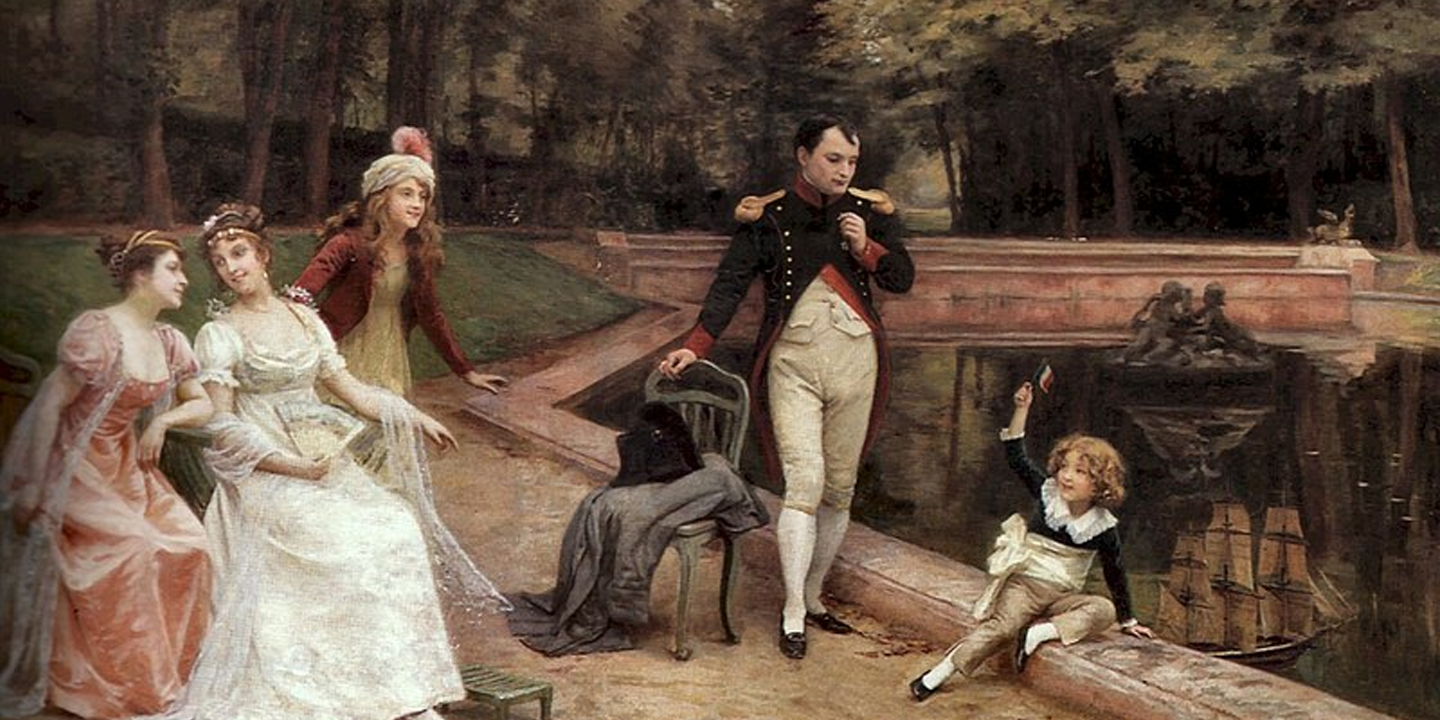
The 20 Most Recognized Historical Figures Of All Time
The Biggest Names In History. Although the Earth has been…
By Cathy Liu Oct 4, 2024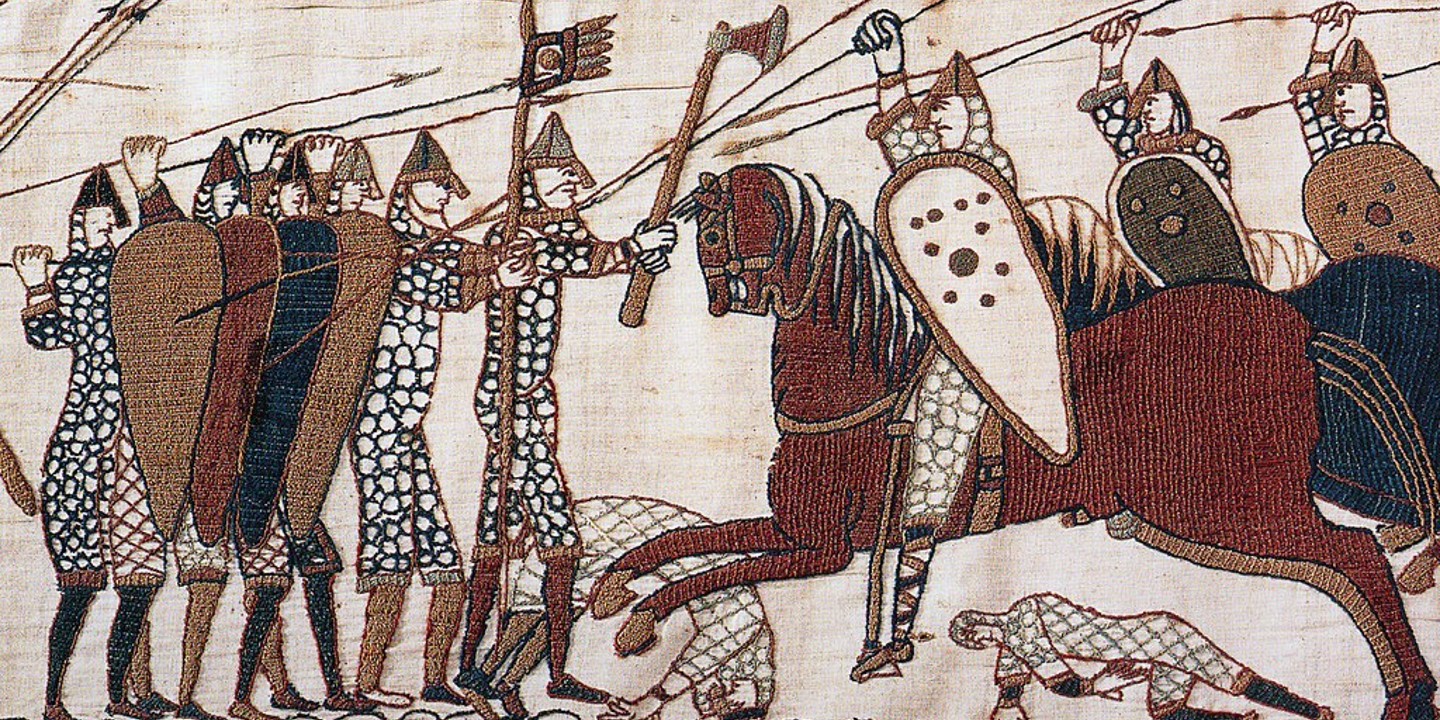
10 of the Shortest Wars in History & 10 of…
Wars: Longest and Shortest. Throughout history, wars have varied dramatically…
By Emilie Richardson-Dupuis Oct 7, 2024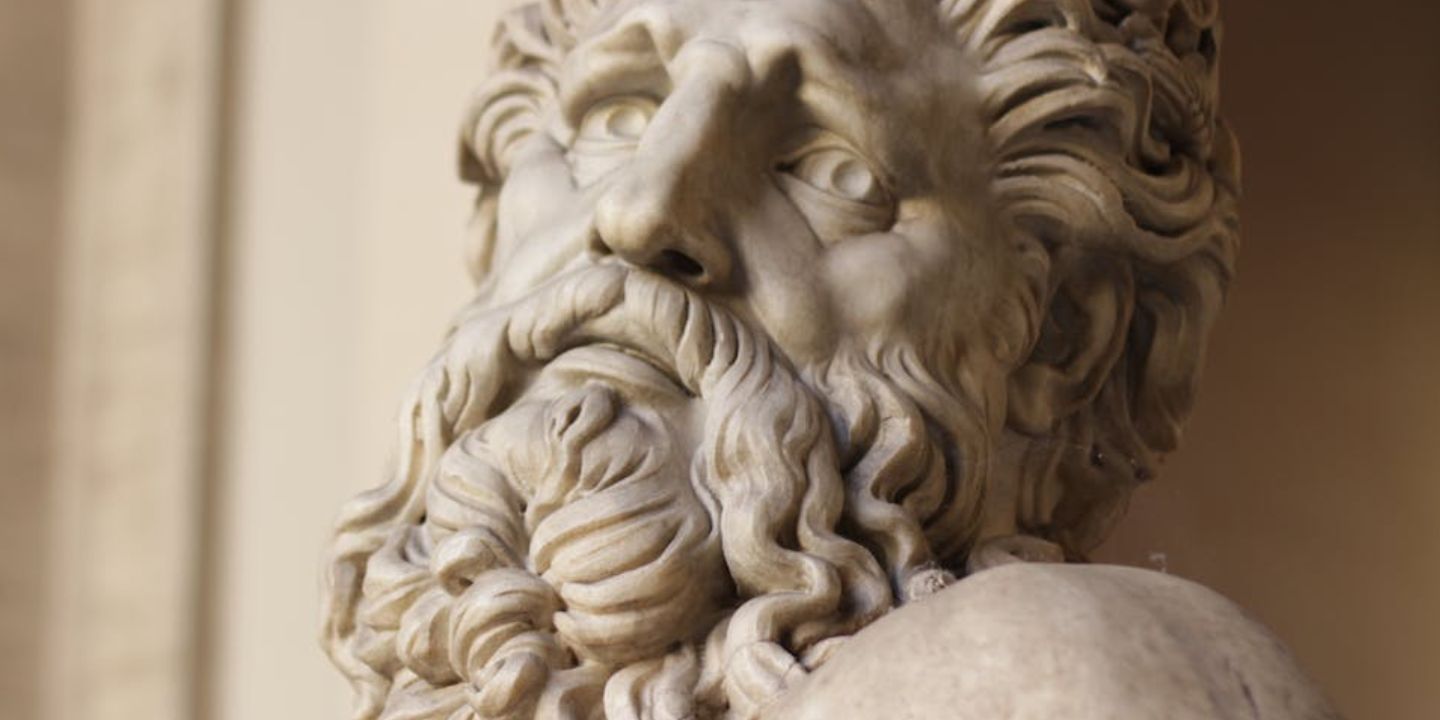
10 Fascinating Facts About Ancient Greece You Can Appreciate &…
Once Upon A Time Lived Some Ancient Weirdos.... Greece is…
By Megan Wickens Oct 7, 2024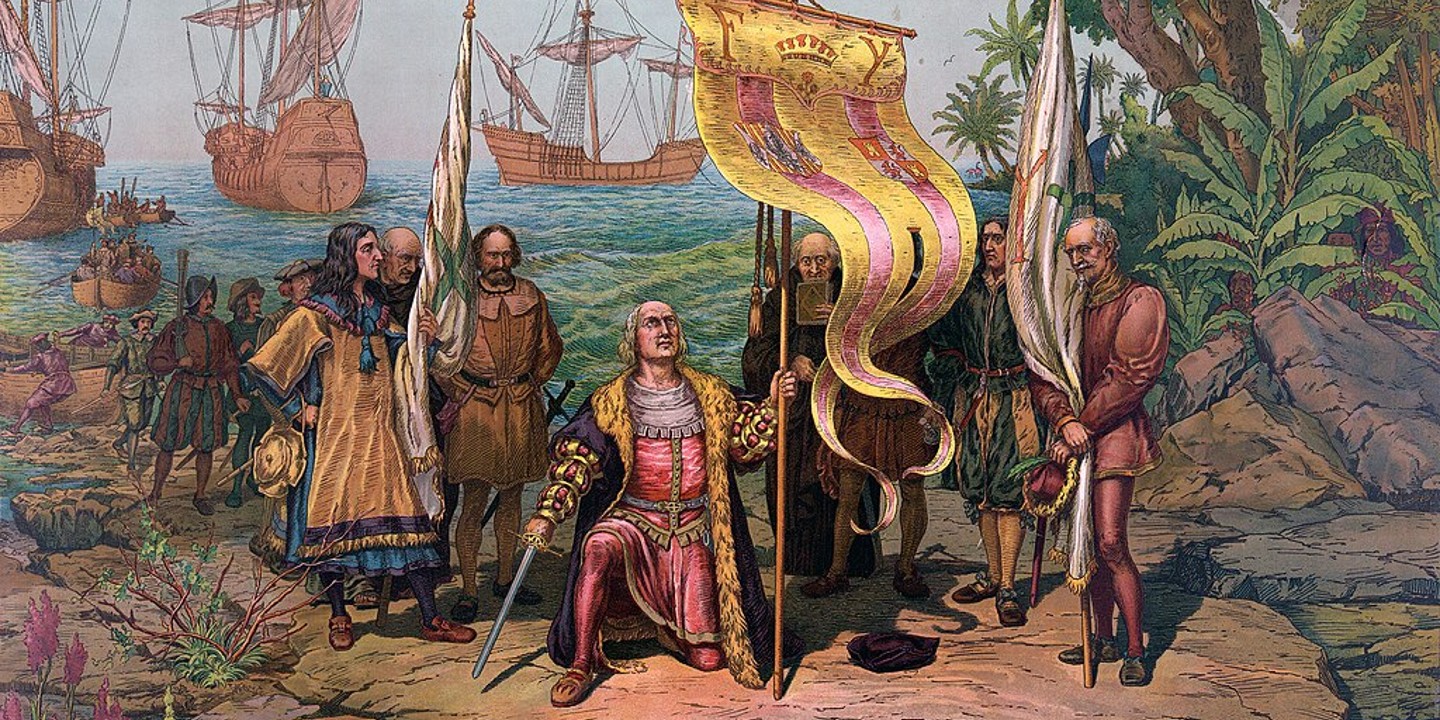
20 Lesser-Known Facts About Christopher Columbus You Don't Learn In…
In 1492, He Sailed The Ocean Blue. Christopher Columbus is…
By Emilie Richardson-Dupuis Oct 9, 2024
20 Historical Landmarks That Have The Craziest Conspiracy Theories
Unsolved Mysteries Of Ancient Places . When there's not enough evidence…
By Megan Wickens Oct 9, 2024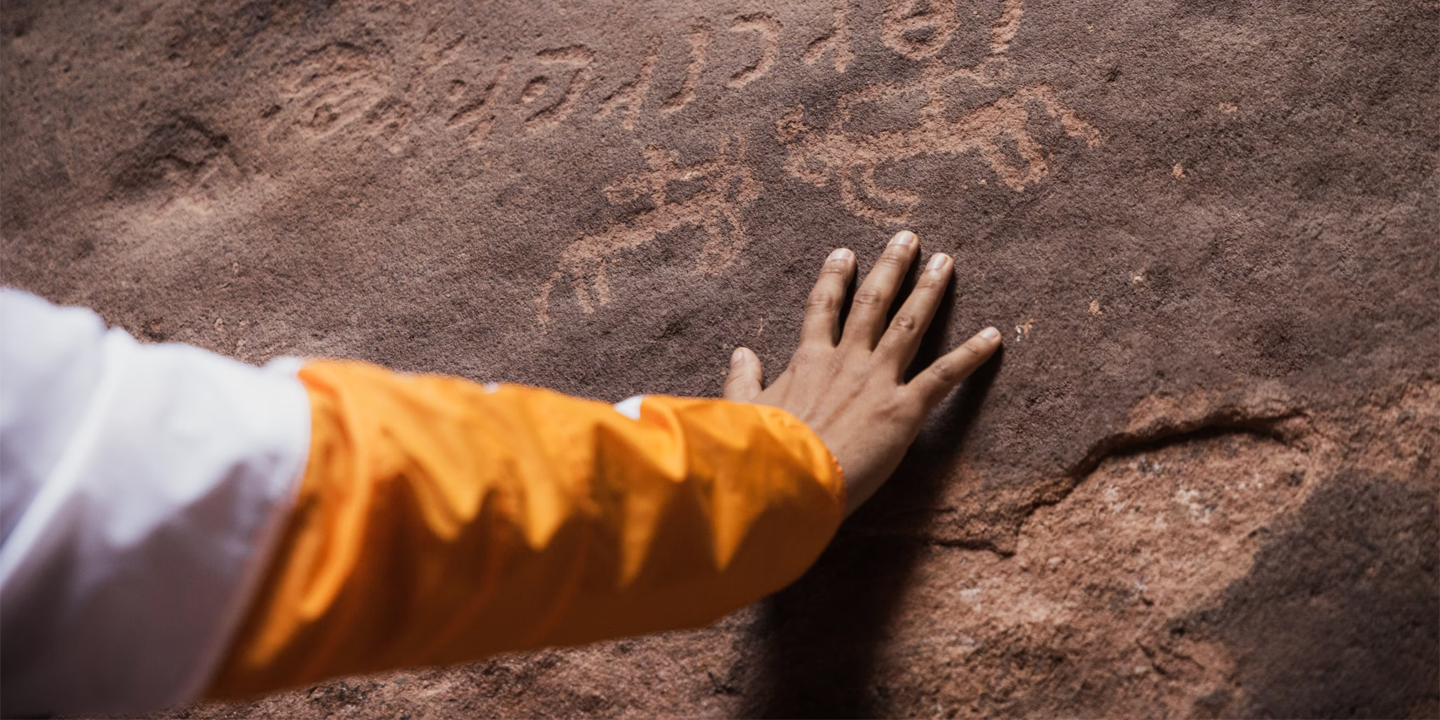
The 20 Craziest Inventions & Discoveries Made During Ancient Times
Crazy Ancient Inventions . While we're busy making big advancements in…
By Cathy Liu Oct 9, 2024




